Home loan interest rates are projected to rise in the coming months & years for homeowners. The Reserve Bank of Australia will gradually raise the official cash rate as the economy recovers and stabilizes following the COVID-19 epidemic, although lenders may raise interest rates first.
Your home loan payments may increase if interest rates rise. Borrowers with larger loans will be affected more, but everybody who has borrowed money will be affected.
Here are some pointers to help you prepare for possible hikes in home loan interest rates.
1. Review your expenses
With the risk of your home loan costing you more in the future, it’s a good idea to look for ways to save money elsewhere. Begin by examining your current budget, spending patterns, and savings.
Review your spending habits to see if there are any areas where you can improve. Is it really necessary to have a weekly takeaway from your local Chinese restaurant? Consider cutting down unnecessary expenses and regain control of your finances.
But before you start making changes to your budget, make sure you have created a sufficient financial buffer. You never know what kind of shocks life can throw your way. You can handle unexpected expenses -without going into debt- if you have an emergency fund.
2. Pay off other debts
Having many debts can be stressful at the best of times, but it becomes even more so if interest rates go up. Other credit products, not only home loans, may see interest rates climb. As a result, seeing if you can pay off your other bills is a good idea.
Some examples are:
- Credit Cards
- Personal / Business Loans
- Car loans
- Expenses (e.g. gas, electricity, phone, internet)
Debt consolidation is another option to manage your debts easier. Perhaps as part of your home loan. Bundling your debt (such as a vehicle loan, personal loan, or credit card) with your mortgage allows you to make a single monthly payment. This can help you avoid mistakenly skipping payments and hurting your credit.
3. Make additional repayments on your home loan
The lower your loan balance, the lower your interest cost. So, if you can, try to make extra payments toward your mortgage. Why not start making repayments now as if your rate was 3.5%? You will build your emergency buffer and when the rates do go up you are used to the higher repayment already.
Those with a variable interest rate house loan can normally make as many extra repayments as they like, whilst fixed rate loans normally have a limit as to how much extra can be paid.
Some lenders will charge penalty to fixed rate borrowers who make extra repayments. Borrowers should be cautious about making extra payments on top of their regular installments; don’t make extra payments if you can’t afford to.
4. Think about purchasing sooner.
If you’ve been considering buying a home but have been waiting for the ideal opportunity, now might be the time. You’ll have a better chance of getting a home loan with a competitive interest rate if you buy sooner, especially if you’re looking at fixed rate mortgages. You may also notice that your borrowing capacity declines as lenders calculate loan serviceability using increased interest rates.
Having said that, be aware that Lenders Mortgage Insurance may be charged if you buy with a deposit less than 20% (LMI).
6. Review your current mortgage and consider refinancing.
It’s also good to consider refinancing or, at the very least, reviewing your home loan. If you haven’t reviewed your loan in a while, you may not have the best loan for your needs, or interest rates may have reduced.
Bank smarter. You may have a large salary, more savings, and the ability to put some of that money aside in an offset account. Offset accounts can help you save money on your mortgage by lowering the amount of interest you pay, and they can even help you weather an interest rate hike.
Consider consulting with our professional mortgage broker for free expert advice if you’re not sure whether your home loan is still a suitable fit for you.

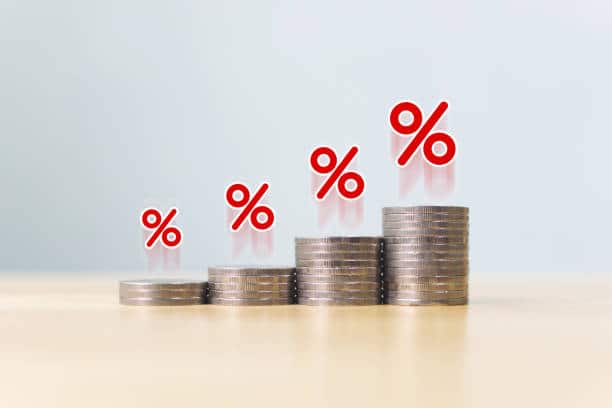
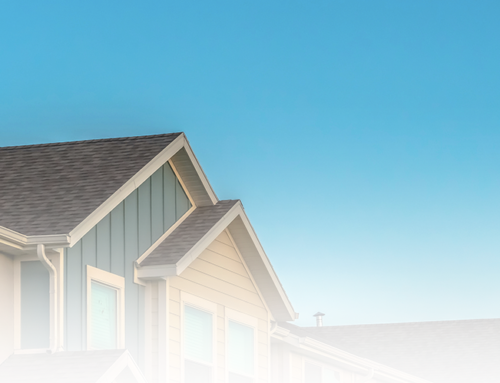
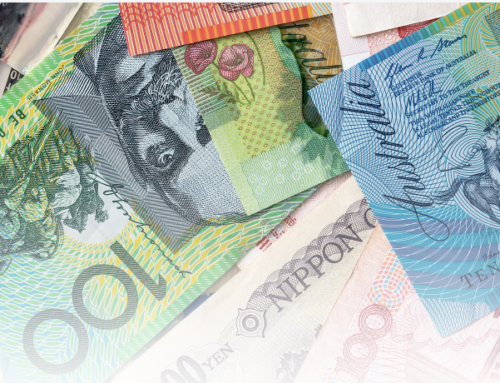
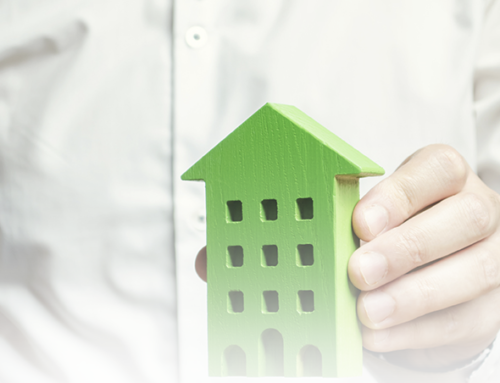
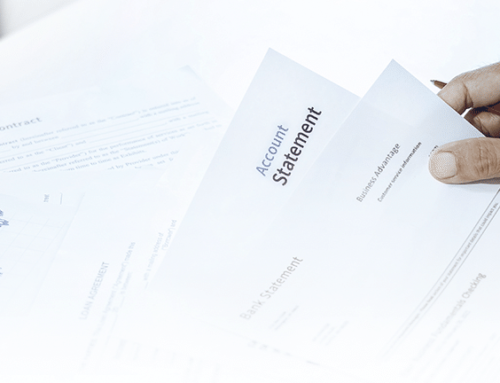
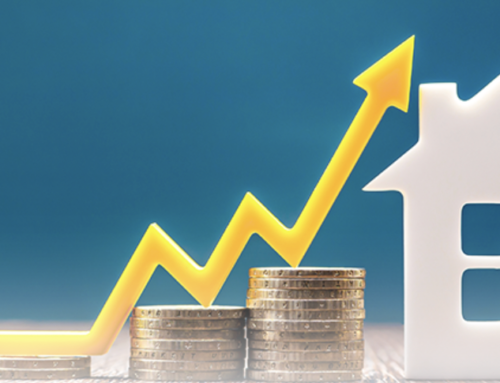
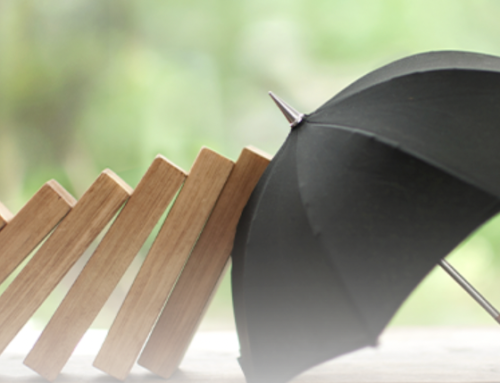

Leave A Comment